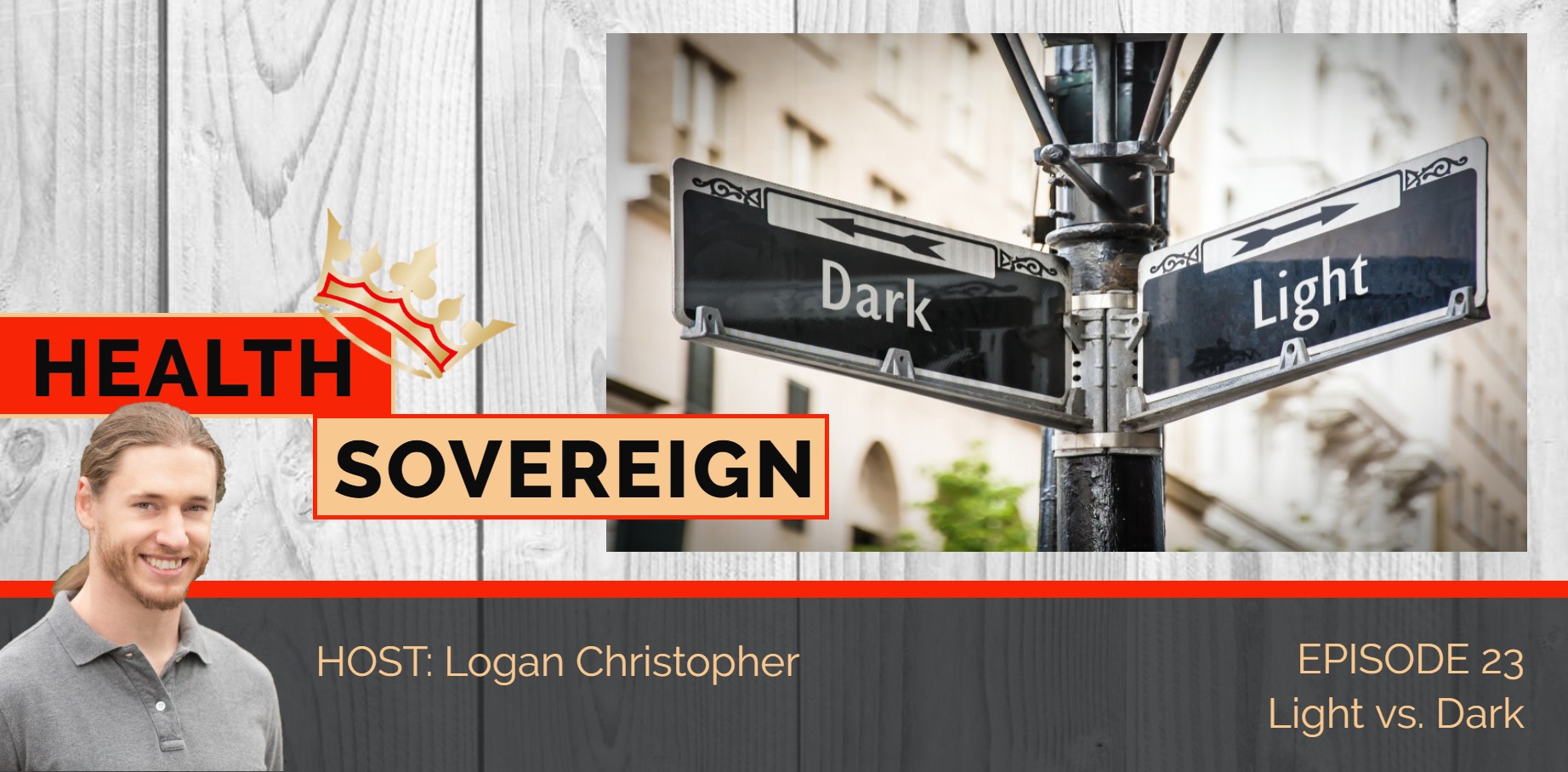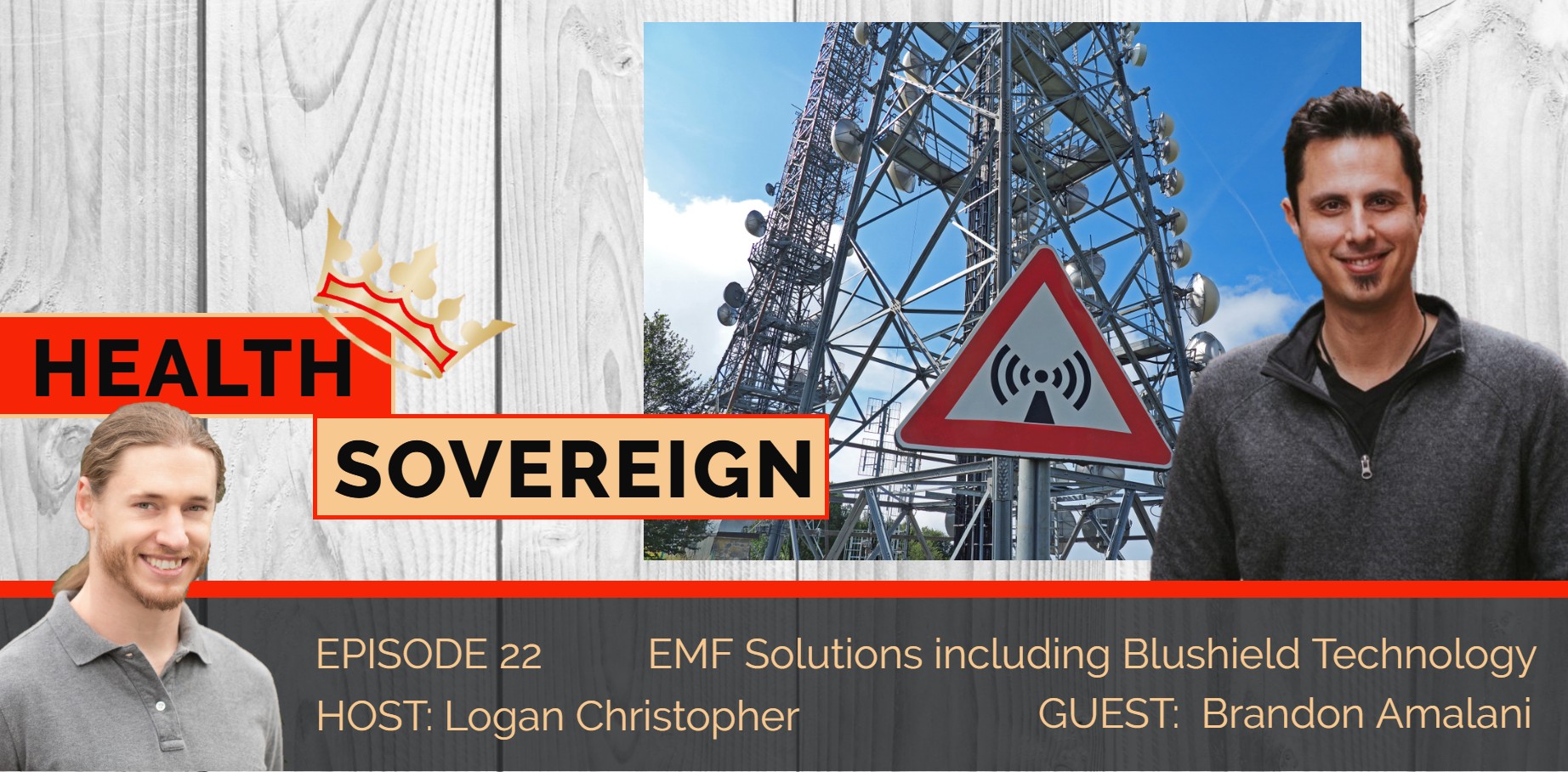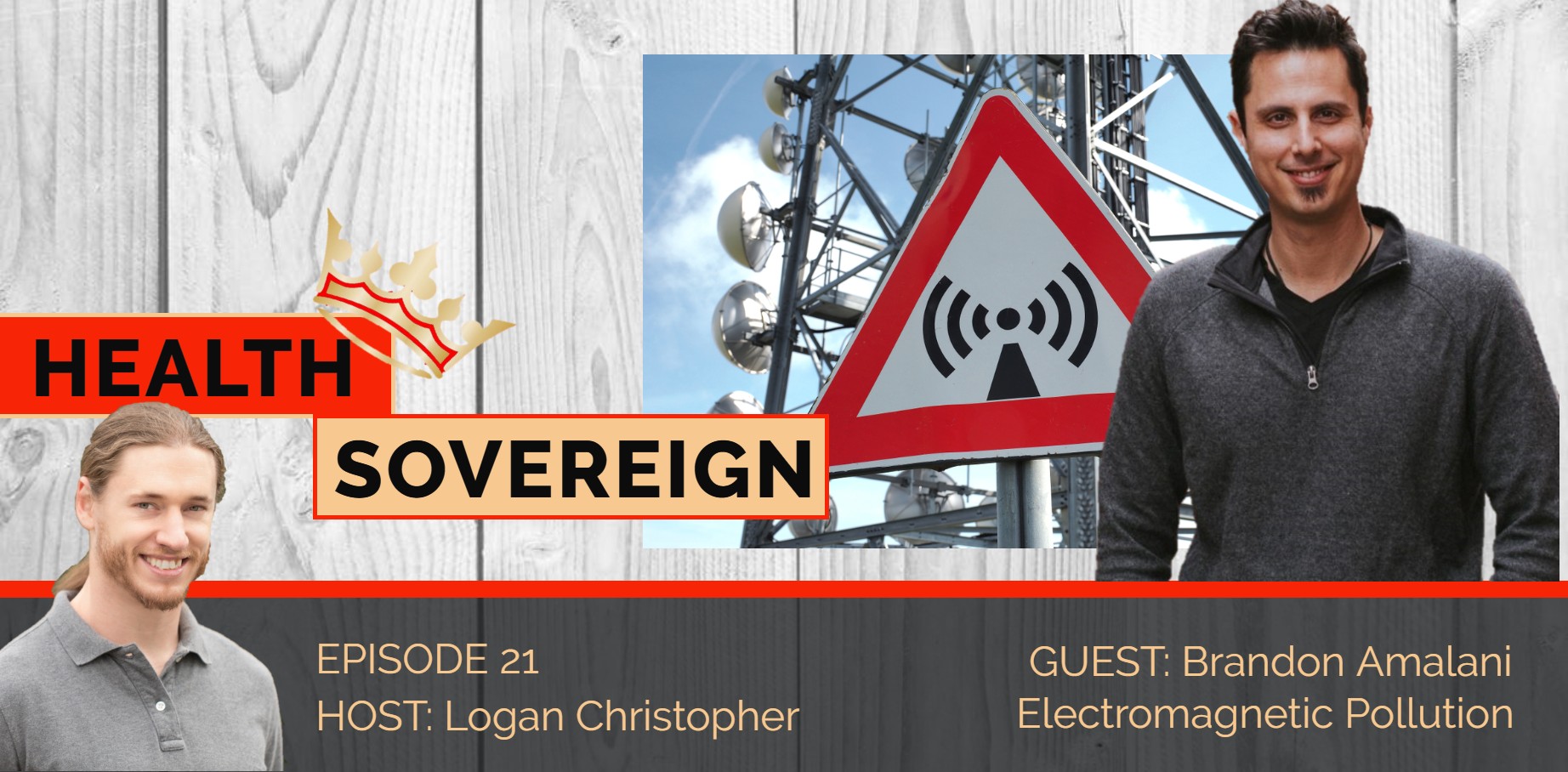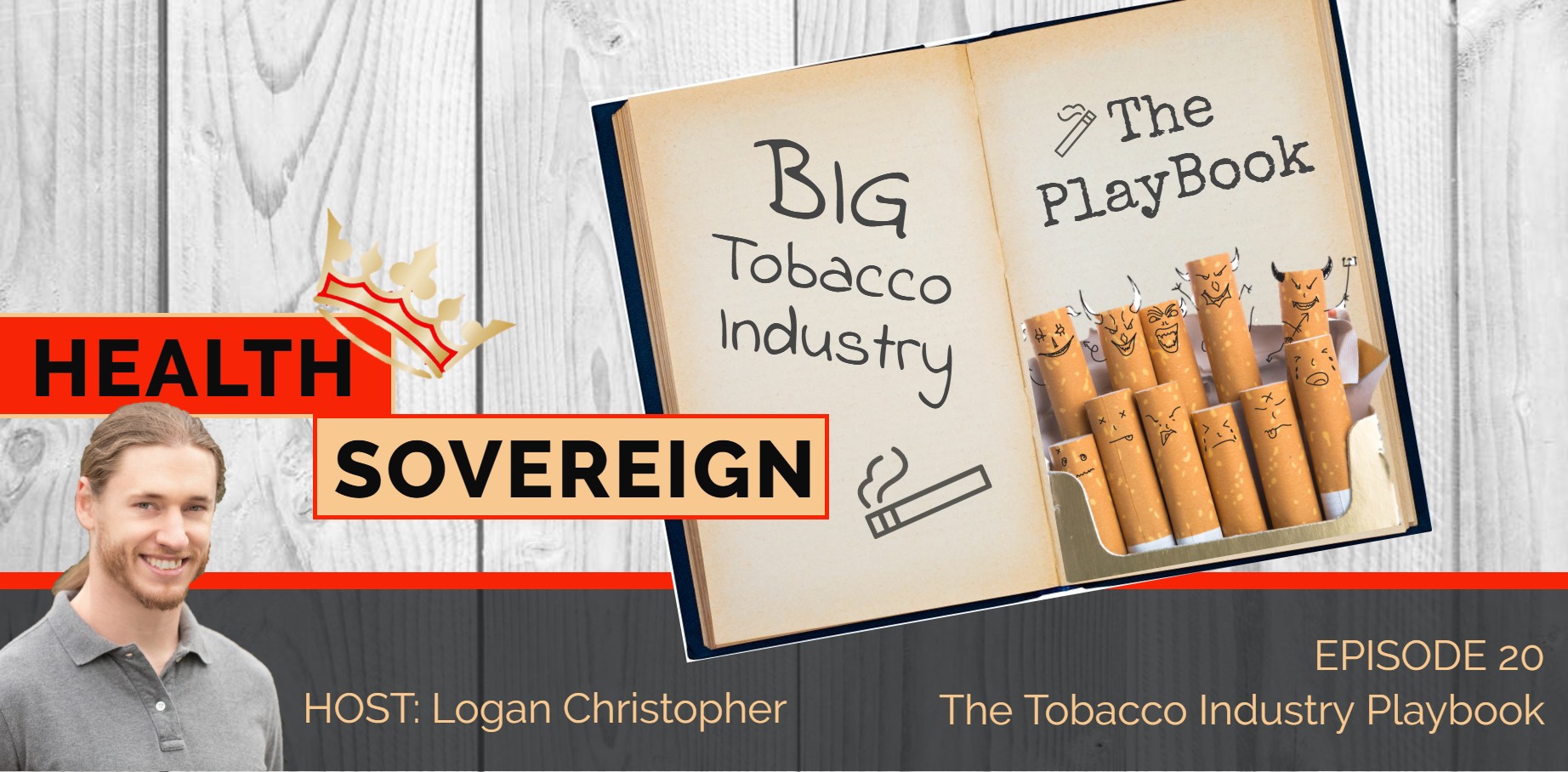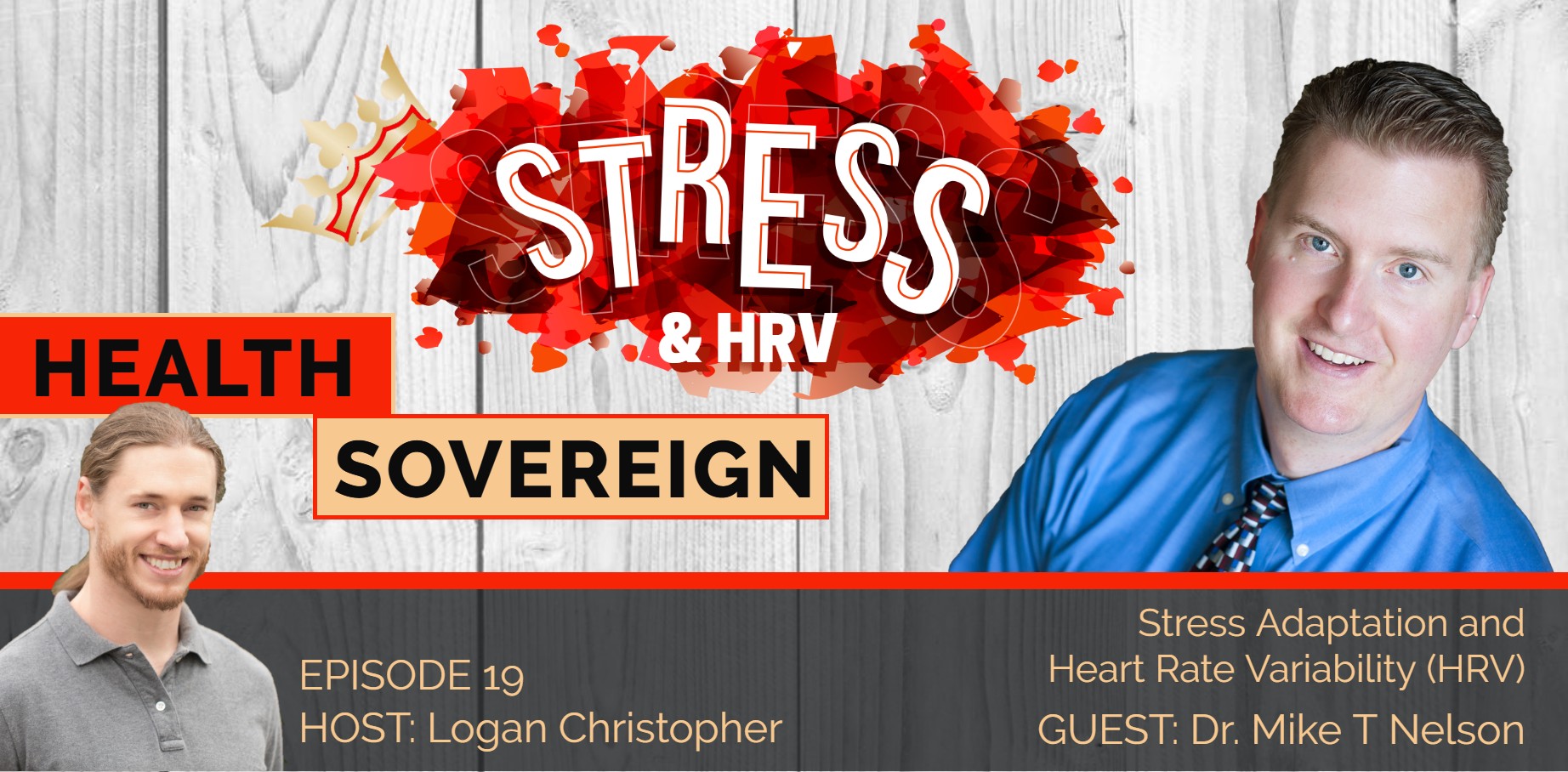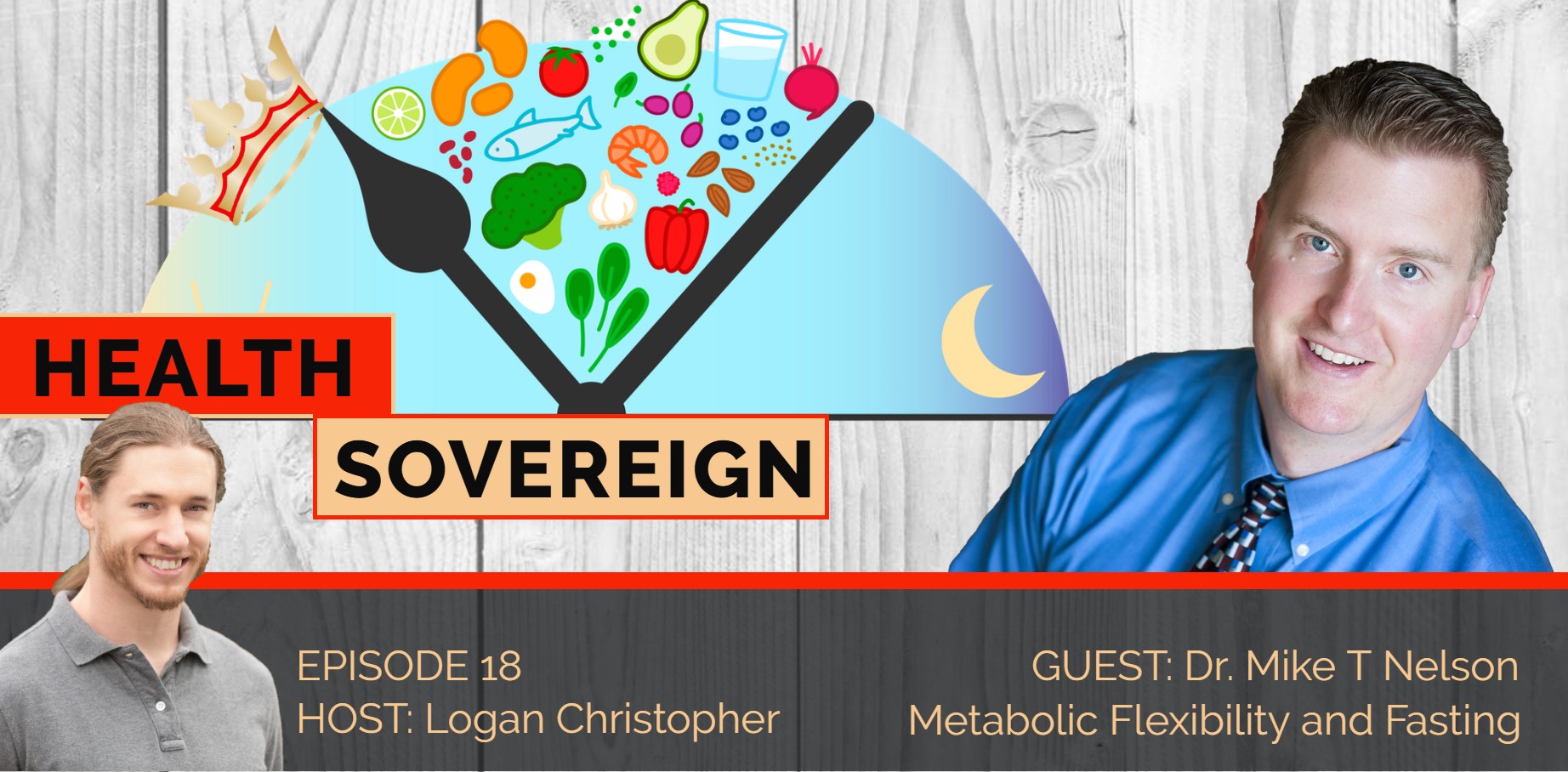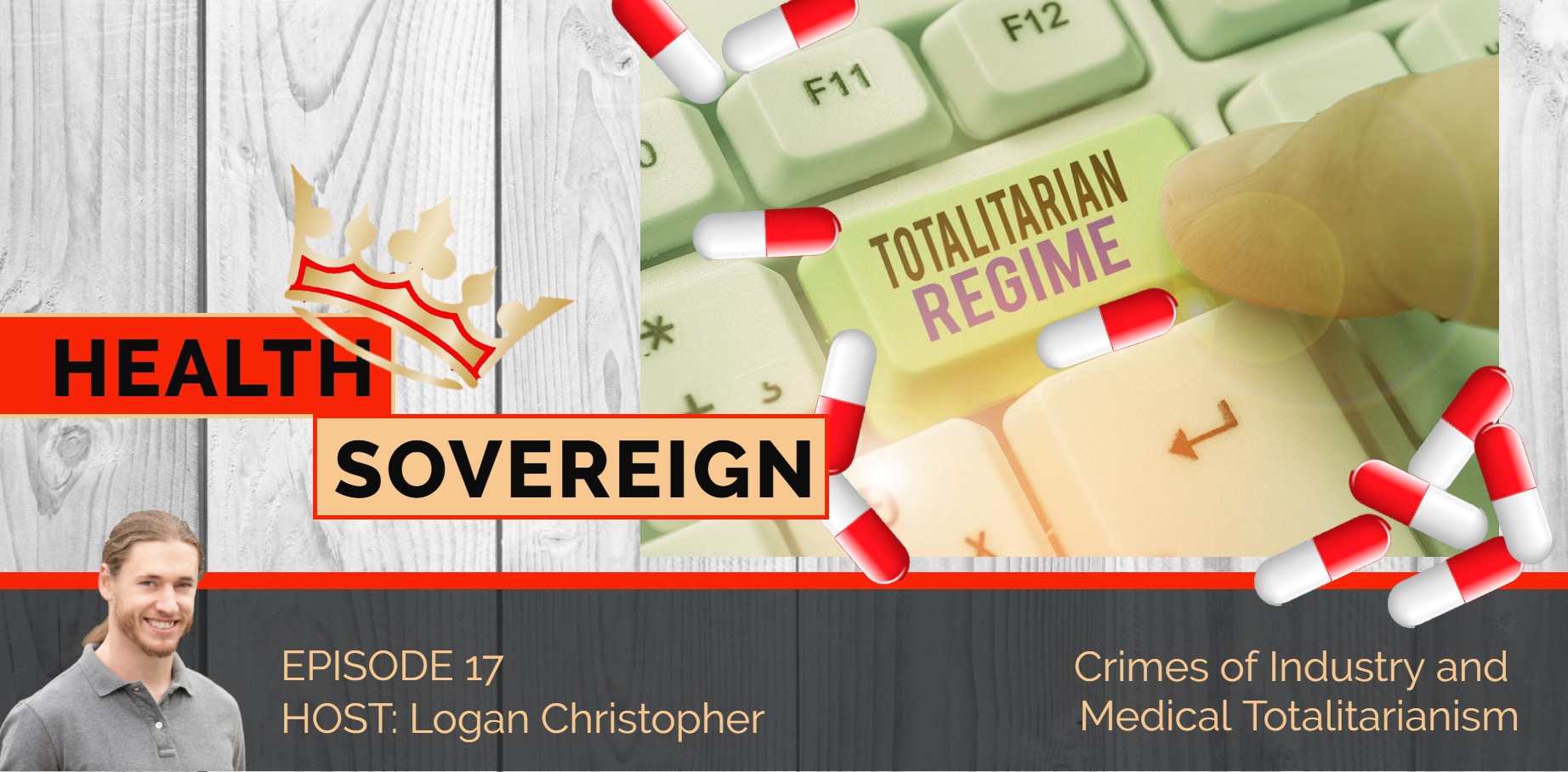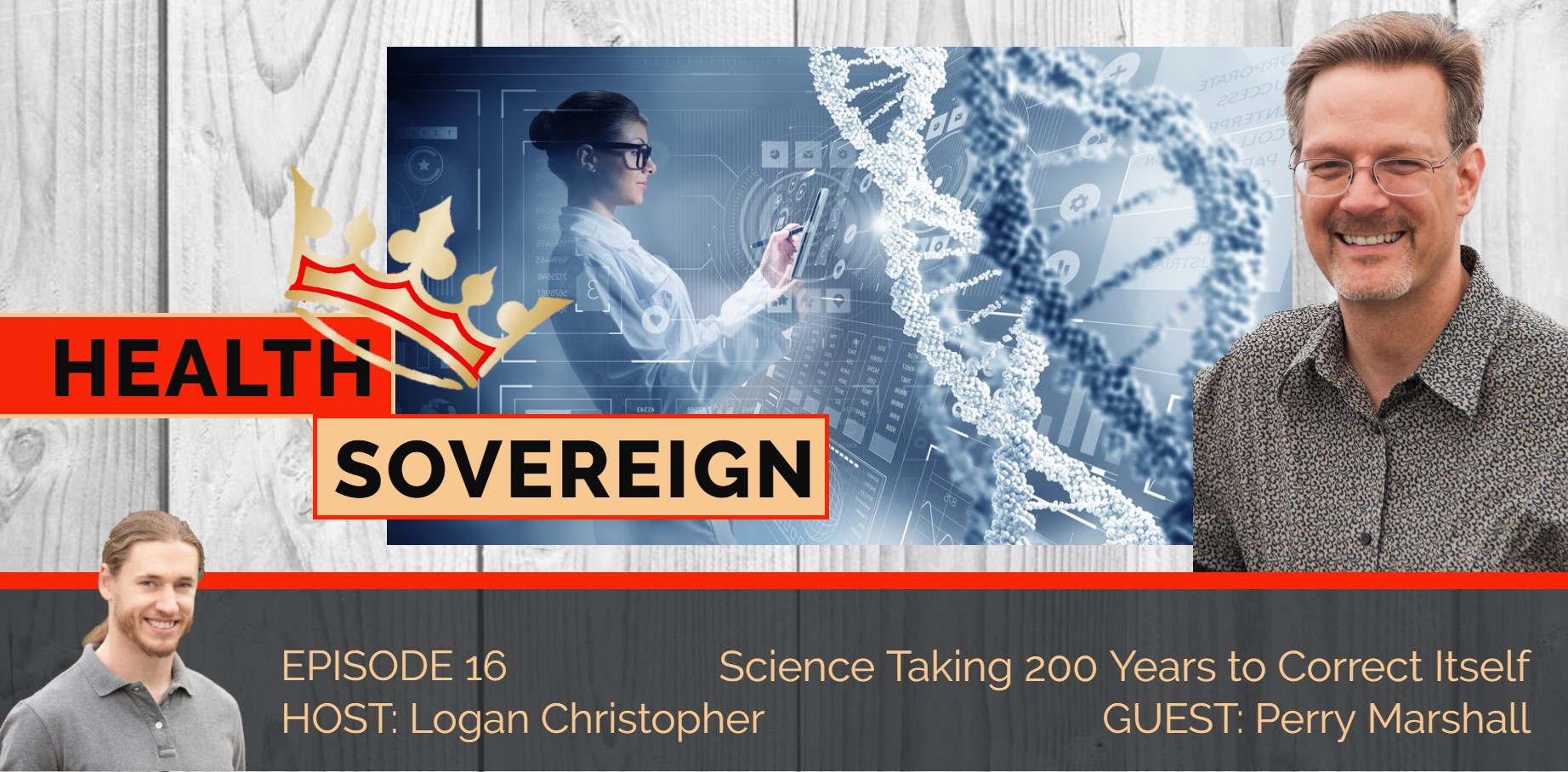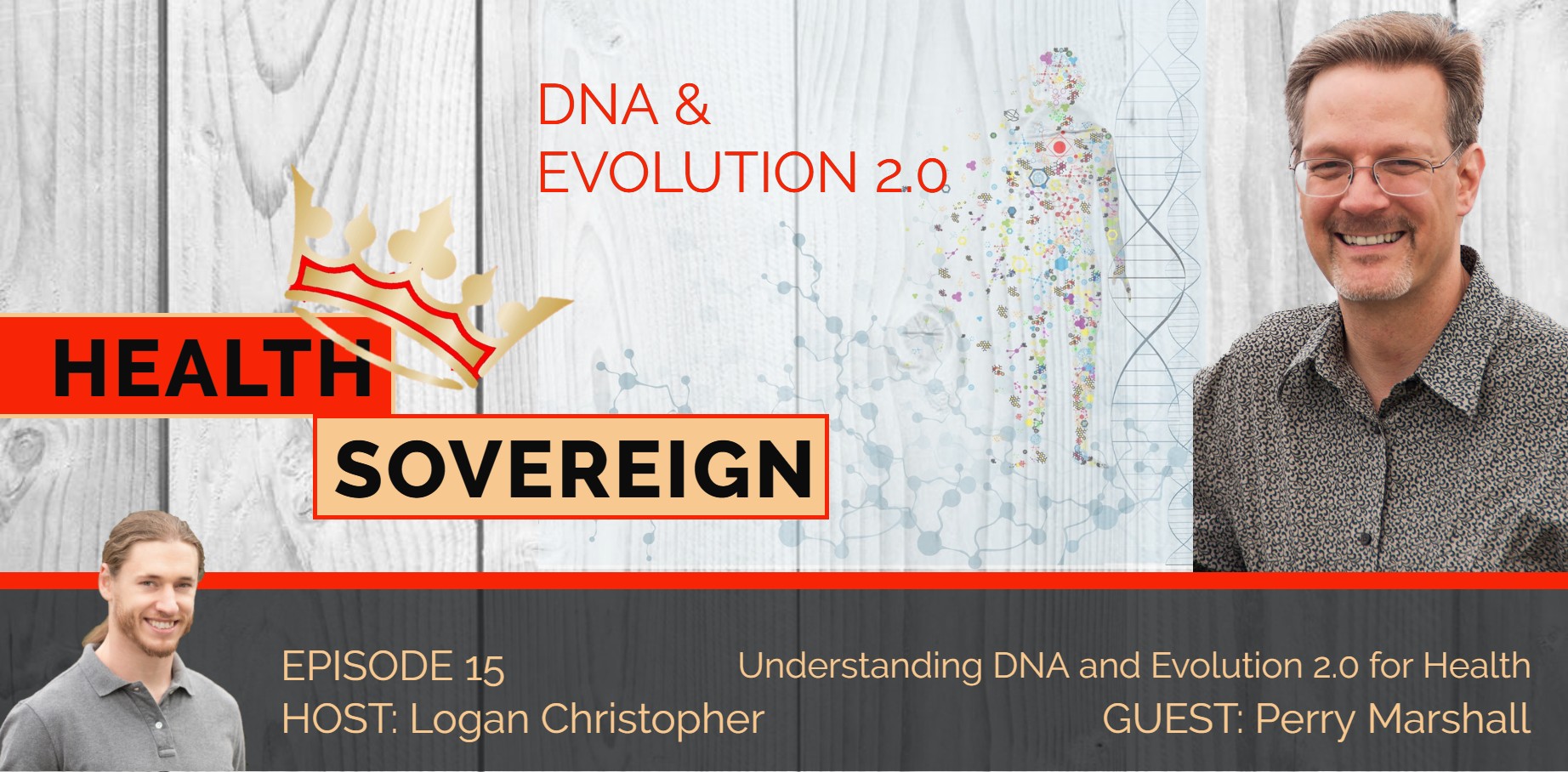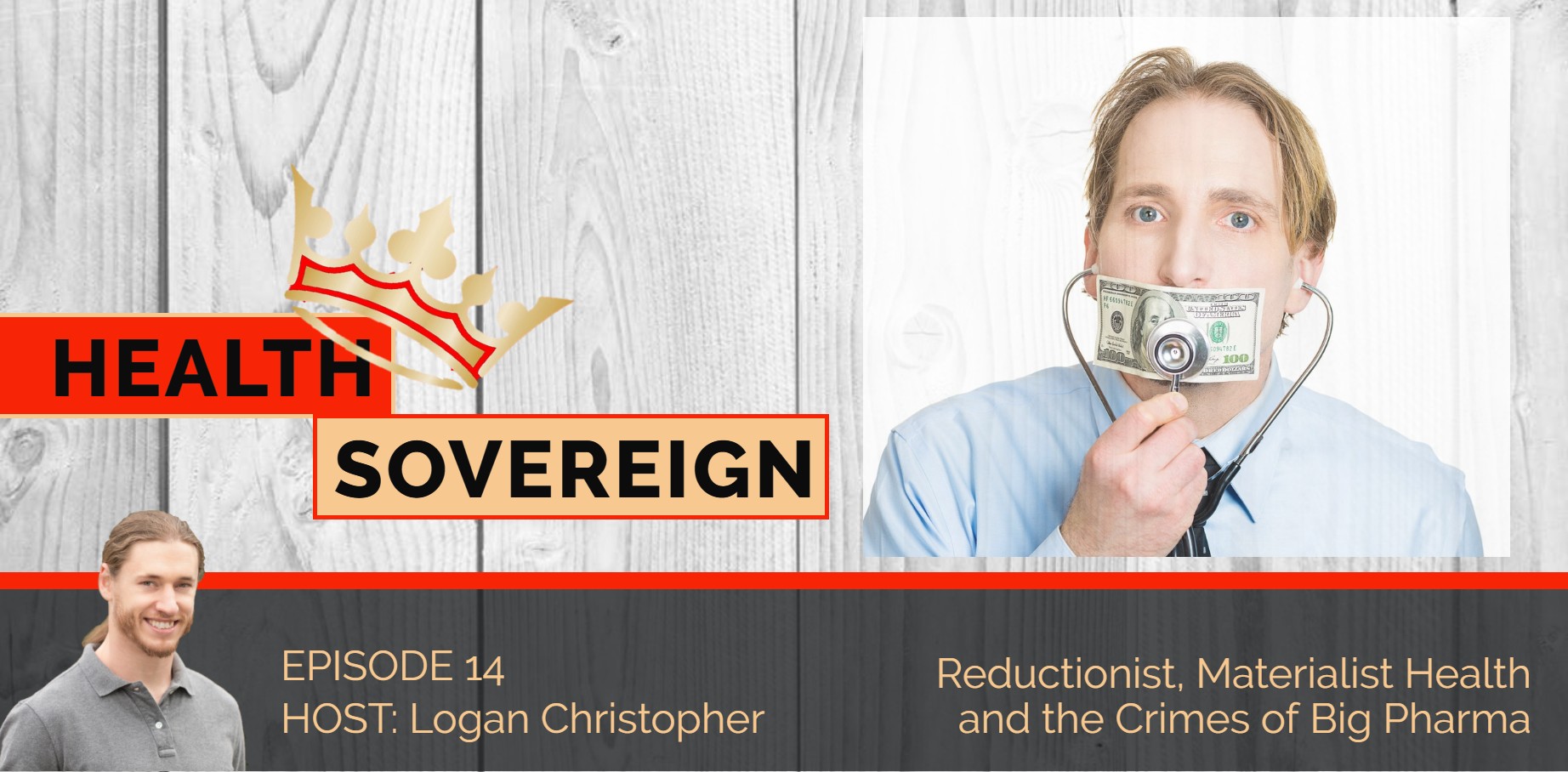In this episode, you’ll discover:
- How being stuck in a corrupted system can corrupt you—and how to break free from the cycle ([5:27])
- Why worrying about health, medicine and pharmaceuticals is not enough–and what else to look at if you want to become truly sovereign. ([9:10])
- The “medical deep state” that controls your health without you knowing it. ([11:11])
- Why the biggest company almost never has your best interest in mind. ([14:58])
- One question to ask yourself when looking at the health industry. ([15:35])
- Where are the “wolves in sheep’s clothing” in the medical industry. ([18:40])
Links and resource mentioned in this show:
- Medical Monopoly Musings Report
- Article about The Franklin Scandal book
- Ron Baker Interview about Epstein, Poison Oak and Energy Medicine
- Harold Varmus, head of NIH and Conflicts of Interest
- Arkansas Prison Blood Scandal Documentary
- CIA Overthrow of Iran
- The New Confessions of an Economic Hitman
Did you enjoy the podcast?
Let me know by leaving a short review and be sure to hit that subscribe button so you don’t miss any future episodes!
00:19 Light versus dark. That's what we're talking about today. Another solo episode where I am thinking through some thoughts, getting some things off my chest. I want to start with an email I received recently comments specifically on the crimes of industry and medical Patala terrorism episode from a woman named Vicky just reading a couple of segments from it. This otherwise long email to segment you did that I listened to last night has spurred me on to acknowledge your assertive stance on these issues. I am in complete the greens. I've learned a view in Lost Empire Herbs. We had Peter Ragnar whom I've known since 1988. It's not like me to reach out and make comments, but I felt strongly about doing so with you. If only to offer my appreciation and encouragement to follow your path. Sharing with others affects is one fantastic source of enlightenment and you do that so well.
01:14 Supporting others if they choose to look for alternative access to answers for their wellbeing as you do with your companies is such a gift. I have tremendous gratitude for knowing and understanding the difference between living from a place of health and how to maintain that versus what mainstream society and the few misguided souls are doing. Living the mission of pushing the structure in on us. Light and love truth in life are more powerful than manipulation, lies, greed, and any other destructive close hearted ideology and action, so be it. Thank you for all you do and for your presence. Thank you, Vicky. Getting messages like that is something that certainly feeds me in a way, and this is the reason I'm doing this podcast as well as many of the other things that I'm hearing. I would love to hear your comments. You can send an email to me, Logan at lost empire, herbs.com that goes straight to me.
02:09 You can reach out to me on social media if you're on there, on Facebook, on Instagram, on Instagram. I'm @Strongmanlogan. I might also start doing some things specifically with this podcast. If you want to use the hashtag health sovereign, I'll be starting to use that as well, so that will be a good way to reach me cause I'll be looking for that and it is on this topic that we are diving a bit deeper. I'm a bit torn. Do I focus more on the light or the dark and what do I mean by that? The light focusing on health and healing and wellbeing and all the great ways, the possibilities that are there for that herbalism being one thing I'm big into by the exercise. Breathing exercises, energy medicine, so many things out there that can help with and there's the dark side.
03:02 We have this Western medical model which I've been showing in past episodes, which I've shown in many of my writings is a corrupt system. Not everyone, obviously not, and there are some good aspects to it. I'll always say that there are some good aspects, but if we look at the overall system, there is tremendous darkness there and it is hidden away. It is kept secret. Even the stuff that does come to light and there is so much of it. I mean that's where I dig up stuff and talk about these crimes, the criminal cases against pharmaceutical companies and so on. Most people are unaware of it. It is in essence hidden in plain sight. So one of the things I've been wrestling with lately is do I focus more on the light or do I focus more on the dark? It should be 50 50 should there be a certain percentage I'm aiming for?
03:58 I feel to only focus on the dark is probably not even the healthiest thing to do because it's hard to look at this stuff. It's hard to recognize what is actually going on in the world, but only focus on the light. I also feel that maybe ignorant is a word or Pollyanna. The thing is the system is worldwide. This paradigm, it's spread everywhere. It's a mass illusion in many regards and people are not able to see the alternatives that exist right now. We're not waiting for some future new system. There are alternatives right now and people cannot see those because they are caught in this deception even though the information is hidden in plain sight. Well, I mean I'm saying light versus dark, but really with the dark, I'm not going full bore until I am shining a light in that dark, you know?
04:54 Even since I was young for some reason, I don't know why, whatever reason, I've always been fascinated with evil. I always found the villains in superhero comics or movies or whatever. Vastly more interesting than the good guys. Once again, I'm not sure why this is, but it seems to be the case and as I look out into the real world, it seems to be the case as well. I'm fascinated by what these few corrupt individuals are doing. And once again, most people are not like this. If you get caught up in a corrupt system or just understanding some of the systemic effects going on, many people that are otherwise good are just perpetuating said system. So the system itself may be the corrupted thing and it's hard to break free from that. I mean there's systemic aspects like I feel I'm a good person. That's definitely striving to be and I'm still contributing to certain evil systems because of how the world works, how we have to operate in the world.
06:00 That doesn't feel good, but I think being honest with ourselves about that is a first step or an early step and then taking the steps, the right kind of actions, ports, unwinding that, and it's interesting to think about this concept of transparency, like how is it that evil occurs? It is only done in the darkness. This quote attributed to Edmund Burke, I've seen this before, but came back into my mind recently quote, all that is necessary for the triumph of evil is that good men do nothing. As I said, I like to think I'm a good man. I strive to be, and when you become aware of the evil that's perpetrated in the world to just do nothing to let it go by, that's part of the problem. Another aspect of this I'm wrestling with that has to do with the light and the dark is the Buckminster fuller quote.
06:59 You never change things by fighting the existing reality to change something, build a new model that makes the existing model obsolete when wrestling with that too, so digging up dirt on what's going on, exposing crimes is that not just fighting the existing reality, but then I also have to think, do we really need a new model? Are there not currently existing models that would allow people to have far greater health? I believe there is. There's so many possibilities out there. So many options that the prevalent existing model is not required, not as it is laid out. So as I've said before and talked about this in the interview with Ron Baker and how this connected to poison Oak and energy medicine, but I got riveted by the Jeffrey Epstein scandal that is still unfolding at a big splash in the news a little while ago, six months or so for most people is fallen off.
08:01 I'm still following current developments, new lawsuits being brought and such going on. Once again, fascinated with evil, something about this case, this man, what is going on here as riveted my attention. And from that looking deeper into various connections. And I bring that up to say that to understand this is to get a better glimpse of how the world works. Now I'm not aware of how Epstein is connected into any pharmaceutical companies, anything like that. So recently I wrote about one my favorite books that I read in 2019 and favorite because it is so horrible, but exposing the same kind of deeds, misdeeds, and that is the Franklin scandal by Nick Bryant. You can read about that over at Logan, christopher.com I think it's a couple of posts back by the time this is posted there right now what I'm really trying to do, what I have been for the past half-year or so, really understand much better how the world works.
09:04 And the more I understand the bigger picture I can grasp and how all these puzzle pieces fit together, understanding that medicine and health is just a few of those pieces in addition to this podcast, I feel the other thing that's along these lines is the writings, what I'm calling the medical monopoly musings. And even more so than this podcast is those writings that are diving deeper into the darkness and with that I feel I'm stepping into a role of investigative journalist, for the most part, just relying on what other journalists have exposed, looking at the court cases, the science, various things like this, but as I go on, I'm beginning to dig deeper, pull together various sources that have never been pulled together before and specifically wanting to name names. For instance, I recently stumbled on this man Varmus who was the head of the national institutes of health, the biggest scientific body in the United States and with a stroke of a pen he did away with the rule that stopped scientists at the national institutes of health from having conflicts of interest with medical companies, did away with it completely and of course, he had many of these conflicts himself.
10:23 This guy then went to head up the National Institute that cancer, various other cancer-related industries and talked about how we shouldn't even be looking into the cause of cancer. Really we want the head of cancer-person to say that. He was like, he's saying science cannot look into cause. Wow. I would think we'd want to look at the cause. But you recognize that cancer is a huge industry that makes a lot of money for certain people. Do those people want things to change? We've spent decades on the war against cancer and still no cure. Most people don't even recognize the causes of it or still so many people around the genetic bandwagon. Oh, cancer's genetic. No genes have little to do with it. They play a role, but a minor role. So this concept of the medical deep state, are you familiar with the term deep state?
11:15 It has come into the public consciousness since, well since Trump got into the presidency and it's this idea that there are unelected officials that really control far more than the elected officials. It is wrapped up into these ideas of the revolving door between business and politicians and lobbyists. The revolving door that involves science as well, the captured agencies that are in place. So I feel drawn to shine more light on the situation. And the more I dig, the more I find. Have you heard of the Arkansas prison blood scandal? I am willing to bet that not a single person listening to this episode has heard of this before. I certainly hadn't until very recently. Now, if you have head on over to health sovereign.com leave a comment here. I would love to hear if you've actually heard of this, I will probably be doing a bigger piece on this to discuss what happened.
12:18 Huge scandal that got just about zero media attention and that was many decades back, but basically, in Arkansas at a prison, they were taking blood from prisoners to be used for various blood products in drugs for hemophilia X and people such as this. They were paying the prisoners for this and of course, the prison system was making money doing this, selling it off to drug companies. Well, they didn't have very stringent standards while they had them. They didn't follow them. Many of the prisoners had hepatitis and or AIDS and they were giving blood away. This contaminated blood products was then infecting other people. These products were primarily sold in Canada, but then other countries as well. This got shut down at one point by the FDA, but then reopened with the same exact stuff happening, again and again, a very corrupt system. And now like what?
13:18 One of the guys who was actually a prisoner that participated in this, saw this happening. He was talking about a corrupt system. When a system is so corrupt, you can look at any of the people involved in the system. If they are in a top position or high up in there, chances are not even chances, like almost guaranteed such a person is corrupt because if a system is corrupt, it will keep anyone that is not corrupt out of the system. You know, there's been a lot of talk about hierarchies lately and I really liked this distinction between competence, hierarchies and dominator hierarchies. So hierarchies are a natural thing, a natural part of nature. You can look at animals, you'll see them. It's not some man-made construct. Hierarchies are natural and really this has to do with competency. Like a leader will naturally rise to the top and rewards will go to him.
14:11 And that can be a good useful thing. You'd take any sort of profession. Let's take a contractor. Contractor does really good work. They actually, you can communicate with them, well they don't screw you out of money, that sort of thing. Then people are going to spread the word. They'll be word of mouth and we get reviews online and this person is naturally going to be more successful because they are competent. They're going to rise up. That is a natural or competency hierarchy. A dominator hierarchy is let's take that contractor and they contribute to a politician. That politician then has a job paid for by the city, by the taxpayers for that contractor or because helping these politicians out, that contractor gets some legislation passed, which makes it so that he is in a better position. Other contractors can't compete, so when a person gets to the top of the hierarchy using the power that comes with that in order to keep themselves in power, keep other people out of power.
15:11 This is where hierarchies go wrong. This is where corruption occurs, so we have to see this is happening and the FA system is corrupted. Then those people that are in operation with the system are corrupted too. We see that so much. Have I not shared enough examples? I mean I know I'm going through all the writings and digging this stuff up. I'm seeing example after example you have to ask yourself, is it just a couple bad apples or is a whole damn barrel rotten? I think if you look at enough you can see the pattern. It's the whole barrel. Once again, not to say everyone involved is, but the higher-ups, which may be because they are, you know as we said, some sociopathic psychopathic people, those exist, they are out there and they better than anyone else can get to the top of these dominator hierarchies.
16:02 Not necessarily competency ones, but dominator ones for sure. And other people just get wrapped up in the system or when good people try to change things because these people at the top have such power is shut down in various ways. So one thing I've done recently with my medical monopoly museums, I compelled it all the 26 first issues, 26 first articles into a report you can head on over to health sovereign.com/report and you can grab that there and I'm going to be continuing this writing and it is going to go deeper. I'm naming more names, I'm putting more connections together. This is something that's expanding and one of the reasons I'm talking about this here is I would like your feedback. Should I focus more on the light? Should I focus more on the dark? You want to see more possible most media stuff should I do videos about these topics as well?
16:57 You know when the upcoming guests I have is John Perkins and I'm very excited about that. If that name is not familiar to you, he wrote confessions of an economic Hitman as the most famous book. He's written many other books as well and I had the pleasure of journeying to the Amazon rainforest with them. Also went along with my wife to Guatemala with him, so very excited to have him on the podcast and I just re-read the new confessions of an economic Hitman. Also going through his other books as well. In preparation of this interview, understanding how the world works, do you know that the CIA has overthrown democratically elected governments before I ran back in the 50s many, many examples and these are public knowledge, but once again hidden in plain sight. The average American is not aware of this and this has been going on for a long time and continues going on right now.
17:54 This is how the world actually works. As I said, I feel most people, because this is intentional, we are caught in a mass illusion and if you want health sovereignty, if you want sovereignty period, you must break free from the illusion. That's why I feel that shining a light into the darkness is necessary even as we focus on hopefully, yes, new and better systems, but as I said, existing systems already exist, but they are hidden away. There are some times scattered to the winds in different ways. They are not allowed to come forth because of the corrupt system we live in. The word insidious has been coming to mind a lot lately and I'm not sure the actual definition, I didn't look it up before this, but to me, it is the fact that evil is shrouded in good that there is a Wolf in sheep's clothing.
18:50 I want to read this quote from, well, it's attributed to Joseph Goebbels, who was one of Hitler's pop men. If you tell a lie big enough and keep repeating it, people will eventually come to believe it. The light can be maintained only for such a time as a state can shield the people from the political, economic and or military consequences of the lie. It does become vitally important for the state to use all of its power to repress descent for the truth is the mortal enemy of the lie and thus by extension, the truth is the greatest enemy of the state. So he's talking about the state here. How about the medical deep state, the supplies? As I said, few people seem to be those psychopathic individuals, those sociopathic individuals. Most people are, for lack of a better term, useful idiot. If you play along with the system because you are not aware that the system is corrupted, that the system is having these effects, then you are a useful idiot.
19:57 I know that's a derogatory term. I'm not sure a better term that that one's been used before you. Useful ignoramus would probably be better just because you're ignorant of the facts and most people, the majority of society has become this in relation to corruption in the system. Whether we're talking about political corruption, economic corruption, medical corruption. Then these all go hand in hand. That is the bigger picture. I like to focus on the health topic because well that's kind of a very important topic to me and my businesses are around that. That's where I have the most knowledge and I'm going to continue on that and I also feel that you cannot understand this topic in isolation. We need to at least refer back to the even bigger picture from time to time and realize that these patterns of corruption happen across these different major areas.
20:50 The systemic effects of corruption in one area tend to lend to another. If you have the military-industrial complex which is sending these contracts back and forth between the government, you have a revolving door between such officials. Same thing is happening in medicine. We have Vargas, the environment that is moving from being in the visor in these pharmaceutical companies to head of our sciences and changing the laws of such an organization so that people can have major conflicts of interest. Then he moves on to another organization, does the same thing, moves on to another one, keeps the research locked down this one path because the powers that being the powers that may have helped him get into such position one test to continue down the same path. This is not fun stuff and even if you're fascinated with evil like I am, I do give credit. It is amazing to see the power of deception, but also that it's getting worse.
21:53 It seems to be growing because when you change the laws so that monopolies can better be formed, then it becomes easier to have and consolidate even more power and that is going on. Not every pharmaceutical company out there is an evil company, but we can definitely see that track record with the big ones. And what happens, those companies buy up. The smaller companies buy up all the smaller companies until you have just a handful of huge companies that as we can see just from the public record, have committed fraud, broken all kinds of laws, pay big fines for it, but continue on with the same pattern. So I'd like your feedback more light, more dark. Where would you like to see me pursue? Definitely going to continue doing solo episodes like this, going to have a wide variety of guests. Talk about different perspectives, different aspects of health.
22:49 I would love to hear from you. So once again, probably one of the easiest ways, head on over to health sovereign.com. Just leave a comment in this episode or reach out to me on social media, on Facebook or Instagram various places that you can find me. If you want me to go deeper, please do let me know cause I can go very deep in this topic and I feel it is important even though there is social programming to say that they keep the illusion in place. People don't want to look at this because it is horrible to look at. What does this mean? It means that people do not care that people are being hurt and murdered. That's what it comes down to you. People are being hurt and it's easy to not think it's happening. It's easier to do than to stick your head in the sand, but I can't do it.
23:37 Not anymore, but I would like some feedback from you on how I should best approach this. Thank you very much. He'd be having a very exciting couple of interviews coming up. I'm looking forward to it and I think you will be too. Thank you. Do you want to take this mind and apply it to your health one-on-one? Learn how to activate your superpower level of health with a systems approach and finally understand why your health may not be where you want it to be despite, or perhaps because of living in the information age. I've got limited spots available in my coaching program. Find out more and apply at virtuousvitality.com.
